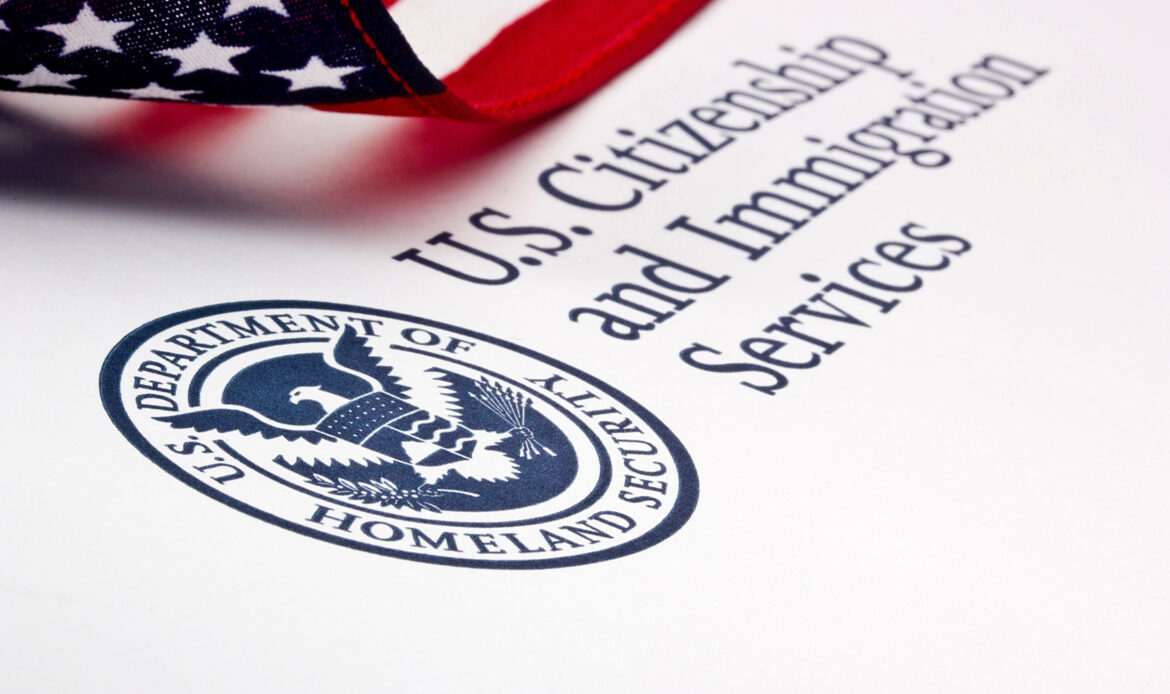The Biden administration unveiled a new policy on June 18, 2024, which will provide hundreds of thousands of undocumented immigrants who are married to citizens of the United States with temporary legal status and a possible route to citizenship. Consistent with the Biden-Harris administration’s commitment to maintaining family unity, the Department of Homeland Security (DHS) has implemented a policy known as “parole in place” (PIP) to facilitate family unity during the immigration process.
The new Form I-131F, an electronic application for Parole in Place for specific noncitizen spouses and stepchildren of U.S. citizens, will be accepted by USCIS on August 19. Form I-131F will only be accessible through your USCIS online account on uscis.gov starting on August 19. No additional forms will be accepted, according to the agency, for the Keeping Families Together process.
What is stated in the policy?
The “parole in place (PIP)” program offers temporary work permits and legal status to undocumented immigrants who have spouses who are citizens of the United States or stepchildren whose parents are citizens of the United States. Additionally, if they entered the nation illegally, it enables them to get around several legal barriers in the United States that currently stand in the way of their ability to apply for permanent status. These people might potentially be eligible for green cards and, eventually, U.S. citizenship without having to leave the nation if parole was granted.
The White House claims that the action will shield about 50,000 undocumented children under 21 whose parent is married to a U.S. citizen as well as about half a million spouses of U.S. citizens.
Who is eligible?
To be considered for a discretionary grant of parole, on a case-by-case basis, under this process, you must:
- Be present in the United States without admission or parole
- If you are the undocumented spouses of a U.S. citizen, you must have been continuously present in the United States for at least 10 years as of June 17, 2024 through the date you file your request. For stepchildren, you must have been continuously physically present in the U.S. since June 17, 2024 through the date you file your request.
- Have a legally valid marriage to a U.S. citizen as of June 17, 2024 or for stepchildren, have a noncitizen parent legally married to a U.S. citizen before your 18th birthday and on or before June 17, 2024.
- Not have any disqualifying criminal history or otherwise constitute a threat to national security or public safety.
Application Process
USCIS began accepting applications on August 19, 2024 using a new electronic form, Form I-131F, Application for Parole in Place for Certain Noncitizen Spouses and Stepchildren of U.S. Citizens.
Key points about the application process:
- Form I-131F will only be available to file online.
- Each requestor, including minors, must file a separate Form I-131F.
- Each requestor, including minors, must have their own USCIS online account.
- There is no paper form for this process.
- USCIS is not accepting any other form for Keeping Families Together.
After Approval
Once approved, recipients will have three years to apply for permanent residency through the Parole in Place (PIP) program and will be eligible for work authorization.
Once undocumented spouses or stepchildren obtain PIP, they will receive an I-94 travel record. This record is crucial because it makes them eligible to adjust their status to a marriage-based green card.
The process is expected to be similar to the current military PIP program. These cases are typically processed quickly, and most beneficiaries can immediately file the I-485 application to adjust their status to a green card holder after parole is granted.

